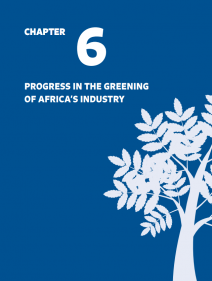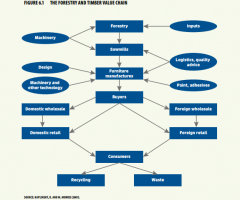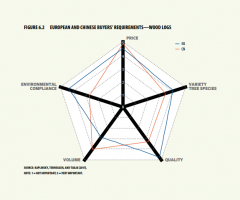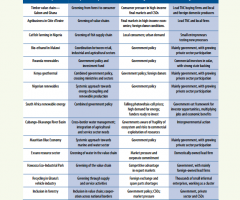A business-as-usual (BAU) industrialization trajectory in Africa not only reduces the rate of growth in the medium to long term but is also unsustainable (Chapter 5). Africa consequently has no real choice if it is to industrialize but to promote the greening of industry—a sometimes difficult path. It will require painful changes in the pricing system (for example, charging users for the externalities involved in energy and water production and in the cost of cleaning up pollutants), which will need appropriate compensatory mechanisms for poorer consumers and producers. However, as this chapter will show, much—not all—industrial greening provides short-term positive returns alongside longer term gains, and some involves heavy upfront costs. Greening also will require changes in attitudes throughout the population, not just the industrial sector.
None of these choices are unique to Africa. All economies that pursue a green path of industrialization face the same or similar challenges, but recordable progress is possible even in the short term. In many cases where industry is operating at high levels of inefficiency, industrial greening need not involve short-term trade-offs with slower growth. Instead, greening will enhance productivity and the rate of economic growth. When designed right, greening should also promote social and economic inclusion rather than continued inequitable patterns of growth.




